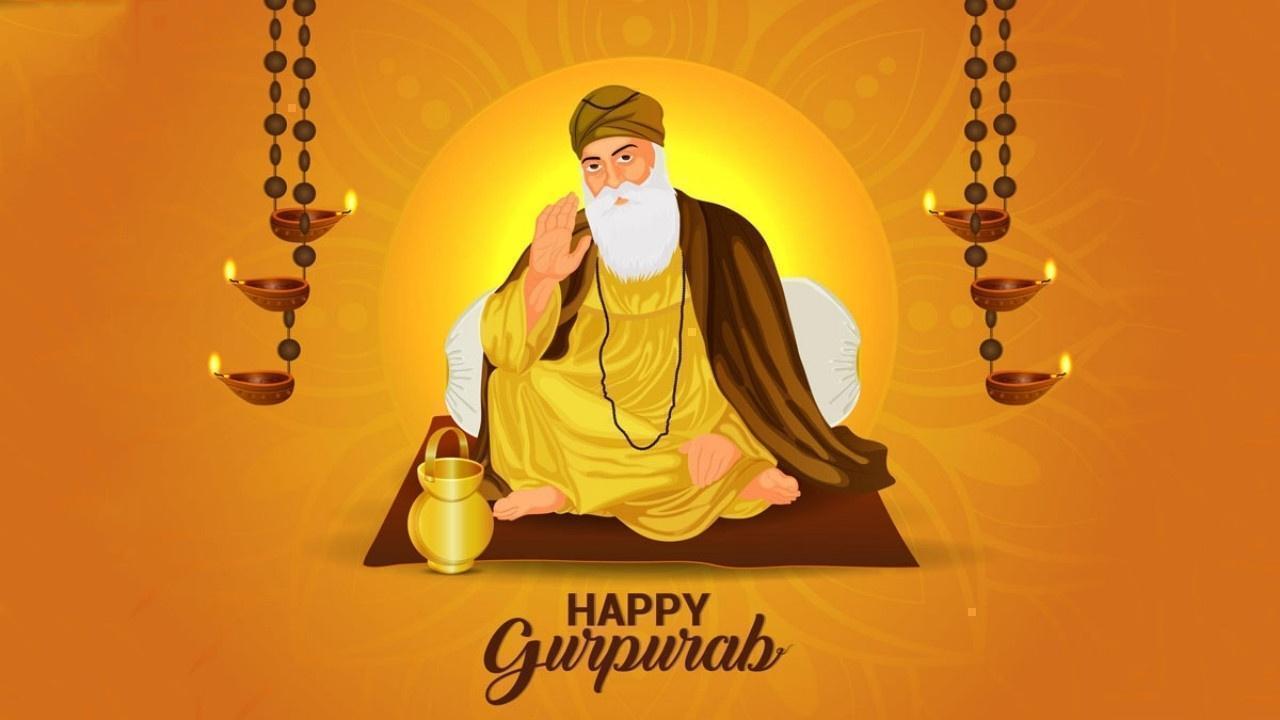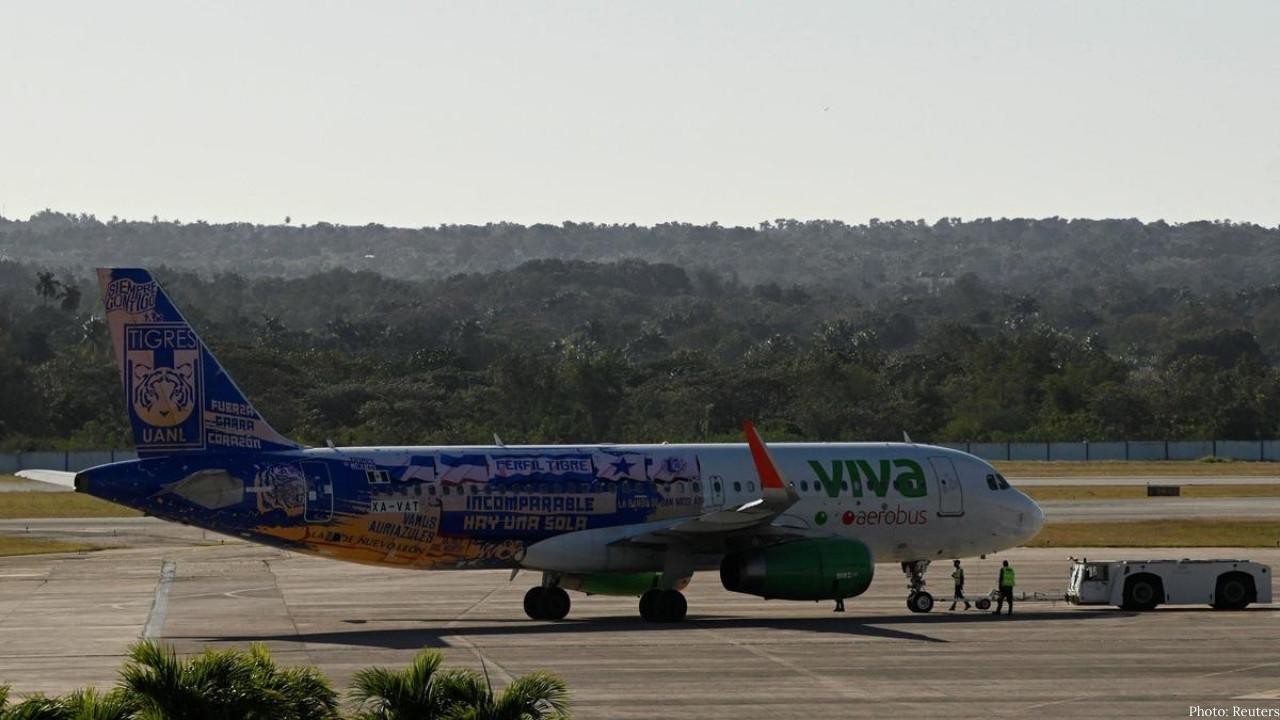You have not yet added any article to your bookmarks!

Join 10k+ people to get notified about new posts, news and tips.
Do not worry we don't spam!

Post by : Anis Farhan
Guru Nanak Jayanti, commonly referred to as Gurpurab, ranks among the most important observances in Sikh life. The festival marks the birth of Guru Nanak Dev Ji, born in 1469 at Rai Bhoi Ki Talwandi (today Nankana Sahib, Pakistan), whose teachings established the core values of Sikhism: equality, humility, compassion and devotion to one God.
Rather than focusing solely on ritual, Gurpurab weaves together worship, communal service and music. Across the Sikh world, adherents mark the occasion with prayers, kirtans (devotional songs), street processions and widespread acts of seva, reaffirming the Guru’s message of universal fraternity.
Guru Nanak Dev Ji’s life and sayings constitute the foundation of Sikh doctrine. Born in the 15th century amid entrenched social hierarchies and ritualistic practices, he championed a spiritual and social renewal based on honest living, equality and devotion to a single, formless God.
From an early age, Guru Nanak questioned ceremonies that reinforced discrimination and insisted on the presence of one universal Creator. His long spiritual journeys, known as Udasis, carried his teachings across the Indian subcontinent and beyond, bringing messages of social justice and shared humanity to diverse communities.
The central tenets promoted by Guru Nanak include:
Ek Onkar: Faith in one supreme, formless God who is present everywhere and accessible to everyone.
Equality: A rejection of caste, gender and religious hierarchies.
Selfless Service: Seva—service to others—as a vital expression of spiritual life.
Honest Living: Earning a livelihood through truthful, ethical means.
These principles remain influential both within Sikh communities and among wider audiences attracted to their universal appeal.
Gurpurab falls on the full moon day of Kartik in the lunar calendar, most often in November. In 2025, observances are expected to span two to three days, with the principal ceremonies featuring collective worship, processions and devotional singing.
Communities prepare well in advance: gurdwaras are cleaned and decorated, volunteers organise langar services, and programmes of kirtan are scheduled. The festival functions as both a spiritual observance and a communal gathering that strengthens social bonds.
An Akhand Path, the uninterrupted recitation of the Guru Granth Sahib, is commonly held prior to Gurpurab. This continuous reading—usually completed within roughly 48 hours—is undertaken as an act of devotion and reflection.
Nagar kirtans are among the most vivid public displays during Gurpurab. Led by the Panj Pyare (the five beloved ones), these processions feature hymns, martial demonstrations such as Gatka, and floats that depict episodes from Guru Nanak’s life. Large crowds often join these street observances.
Devotional music is central to the festival. Congregations assemble in gurdwaras to sing hymns from the Guru Granth Sahib; the music serves as both worship and a way to internalise the Guru’s teachings on humility and compassion.
Langar—the free communal meal—exemplifies the Sikh commitment to equality and service. Volunteers prepare and distribute food to everyone, regardless of background, demonstrating the practice of seva and reinforcing community solidarity.
Gurdwaras and homes are illuminated and adorned with flowers and lights. Many congregations extend devotional activities into the evening, creating a reflective and celebratory atmosphere.
Major Indian cities including Amritsar, Delhi, Mumbai and Chandigarh observe large-scale Gurpurab events. The Golden Temple in Amritsar becomes a focal point, bathed in lights and drawing millions who participate in prayers, kirtans and langar.
Sikh communities in Canada, the UK, the USA, Australia and elsewhere mark Gurpurab with equal devotion. Overseas gurdwaras stage processions, prayer services and community outreach, ensuring the Guru’s message reaches the diaspora.
Guru Nanak’s advocacy for social equality remains at the heart of Gurpurab, reminding participants that spirituality should supersede social divisions.
Seva is a practical expression of Sikh faith. Whether through langar or volunteering, acts of service during Gurpurab exemplify a life lived for others.
Kirtans function as devotional practice and meditative discipline. Through hymn singing, devotees absorb spiritual lessons that foster humility and compassion.
Honest conduct and ethical livelihood were core to Guru Nanak’s teachings; Gurpurab encourages adherents to align conduct with these values.
Many devotees visit gurdwaras for communal prayers, kirtans and langar. Families use the day to introduce younger members to the Guru’s message and traditions.
At home, families light lamps, sing hymns and read passages from the Guru Granth Sahib. Special food is shared with neighbours, reflecting Gurpurab’s communal spirit.
Gurpurab motivates charitable giving and volunteer work beyond the gurdwara, with donations to hospitals, shelters and other social causes reflecting the festival’s ethical emphasis.
Communities often host talks, workshops and lectures that explore Guru Nanak’s life and thought, helping to pass these teachings to younger generations.
Central to Guru Nanak’s message is the unity of humankind; Gurpurab reinforces the call to rise above divisions of caste, religion and gender.
The festival provides an occasion for introspection, prompting participants to renew their commitment to ethical living and spiritual growth.
Guru Nanak’s teachings promoted respectful stewardship of the natural world. Many modern processions adopt eco-conscious practices to reflect that legacy.
The open and inclusive practices of Gurpurab—especially langar—foster social cohesion by bringing diverse people together in shared service.
For Sikhs, the festival reinforces religious identity and cultural continuity, linking younger generations to their heritage and values.
Gurpurab often sparks charitable initiatives and everyday acts of kindness that extend the festival’s influence beyond a single day.
Many gurdwaras now live-stream services and kirtans, enabling global participation and allowing those unable to attend in person to join the observance.
Contemporary celebrations increasingly emphasise sustainability—using reusable materials, reducing waste and adopting greener procession practices.
Gurpurab has become a space for interfaith engagement, with people of various backgrounds attending events, learning about Sikh teachings and taking part in collective service.
Guru Nanak Jayanti is both a commemoration and a living reminder of values that reach beyond time and place. Through illuminated gurdwaras, music, community kitchens and acts of charity, Gurpurab keeps Guru Nanak’s message—equality, service and moral integrity—alive across generations and borders.
As communities worldwide observe the festival, they not only honour a seminal spiritual leader but also reaffirm commitments to humility, compassion and shared responsibility. Gurpurab stands as a sustained call to live by the principles Guru Nanak set forth.
This article is intended for informational and educational use. For detailed guidance on local customs and rituals, readers should consult their local gurdwara or religious authorities.










Study Warns Using AI for Medical Advice Is ‘Dangerous’ as Users Get Inaccurate Health Guidance
A major new study reveals that artificial intelligence (AI) chatbots and tools may give misleading o

Top Sci-Fi Movies Streaming on Netflix This February: Must-Watch Picks for Genre Fans
A curated news-style guide to the best science fiction films currently available on Netflix in Febru

BCCI Central Contracts Shake-Up: Kohli, Rohit Moved to Grade B as Board Reshapes 2025–26 List
Virat Kohli and Rohit Sharma have been placed in Grade B in the BCCI’s 2025–26 central contract list

Dalal Street Spotlight: Top 10 Stocks Investors Are Watching as Markets Open on a High
Indian stock markets begin the week with strong momentum, and several blue-chip and mid-cap stocks a

Market Movers Today: Key Stocks Set To Watch In Indian Markets
Indian equity markets are poised for active trading as several major companies, including Bharti Air

Milan Welcomes the World: Inside the Grand Opening Ceremony of the 2026 Winter Olympics
The 2026 Winter Olympics opening ceremony in Milan marked a defining moment for global sport, blendi